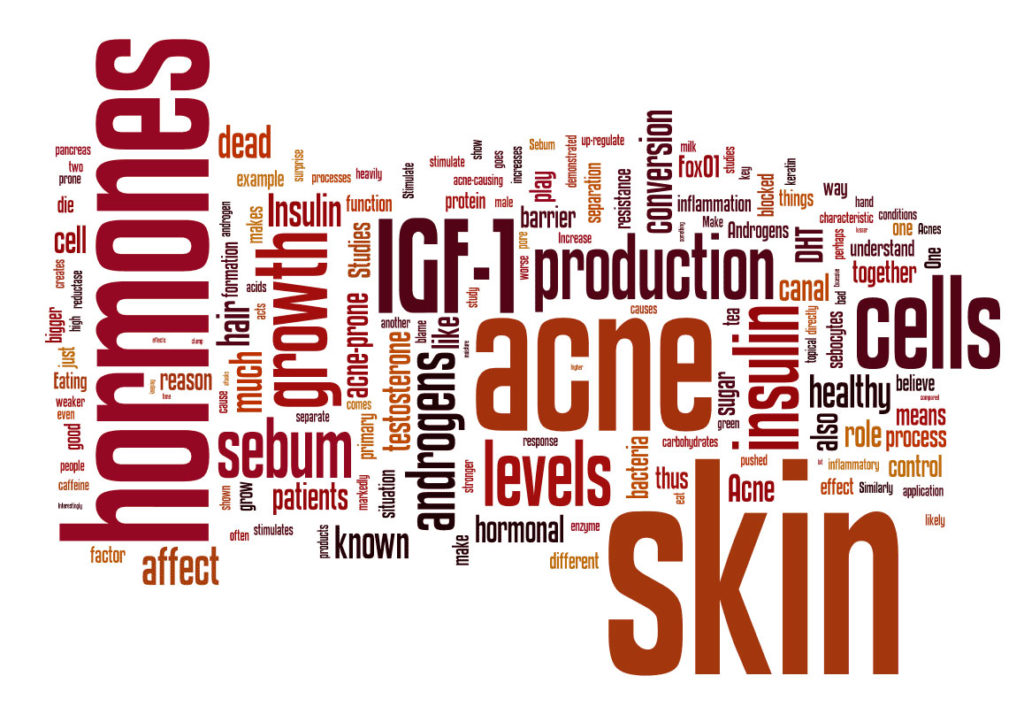Hippocrates (the father of modern medicine) said, more than 2000 years ago, that all disease begins in the gut. We have around 30 trillion human cells in our body and new estimates, put out by the Weisman Institute of Science, established that we have about 40 trillion bacteria in our gut. So essentially, we are more bacteria than we are human! Many of these bacteria are critical for ensuring our digestive system functions well and for our overall health. This is where probiotics and prebiotics play a crucial role. Probiotics are live microorganisms in fermented foods that improve the bacterial environment of our intestines. It is estimated that there are between 500 and 1,000 different species living there.
We have both harmful and beneficial bacteria in our gut and it’s important to ensure that the number of ‘good’ bacteria outnumber the ‘bad’.
Probiotics
· are important for a healthy immune system, as they increase the number and the activity of our immune cells.
· protect our intestinal wall from damage by harmful bacteria, by lining the gut wall and so preventing the harmful bacteria from sticking to the gut wall and multiplying there.
· produce substances such as lactic acid, that prevents the growth of pathogens, and bacteriocins which kill pathogenic bacteria.
· compete with harmful bacteria for food and so prevent them from reproducing.
· produce various vitamins, antioxidants and short-chain fatty acids.
Short-chain fatty acids have numerous health benefits. They provide food for the cells that line our large intestine, and in doing so they keep them healthy and may have a role in preventing colon cancer. They regulate lipid, glucose, and cholesterol metabolism in various tissues and have been shown to reduce plasma concentrations of cholesterol. They have also been shown to reduce the concentration of fats in our blood and in doing so reduce body weight.
· can alleviate diarrhoea that is often associated with antibiotic use.
· can help with irritable bowel symptoms.
· help us to absorb nutrients from the food we eat.
· help digest many of the sugars in breastmilk, that is important for a baby’s health, but are not digested by the infant themselves. Breastfeeding ensures that a baby’s gut is colonised by beneficial bacteria, as babies are born without any gut microorganisms.
Stay tuned for part 2 next month….

Nutritionist and Health Coach
(BSc Human Nutrition and Sports Science, Massey University, Auckland)
Member of the Nutrition Society of New Zealand
References:
1. The Science of Nutrition by Thompson & Manore, p 126 – 127, 516 – 517
2. Bacteriocins: nature, function and structure. Daw MA1, Falkiner FR. http://www.ncbi.nlm.nih.gov/pubmed/9168627
4. http://www.mayoclinic.org/drugs-supplements/acidophilus/safety/hrb-20058615
5. https://nccih.nih.gov/health/probiotics/introduction.htm
6. https://naturalmedicines.therapeuticresearch.com/
7. http://naturaldatabase.therapeuticresearch.com/ce/ceCourse.aspx?s=ND&cs=&pc=13-103&cec=1&pm=5
8. The role of short-chain fatty acids in the interplay between diet, gut microbiota, and host energy metabolism. The Journal of Lipid Research. 2013 Sep; 54(9): 2325–2340. http://www.ncbi.nlm.nih.gov/pmc/articles/PMC3735932/
9. How Short-Chain Fatty Acids Affect Health and Weight. By Mary Jane Brown, PhD, RD https://authoritynutrition.com/short-chain-fatty-acids-101/
10. http://news.nationalgeographic.com/2016/01/160111-microbiome-estimate-count-ratio-human-health-science/ https://www.weizmann.ac.il/plants/Milo/publications
11. Are We Really Vastly Outnumbered? Revisiting the Ratio of Bacterial to Host Cells in Humans Ron Sender, Shai Fuchs3, , Ron Milo January 2016 http://www.cell.com/cell/abstract/S0092-8674(16)00053-2?_returnURL=http%3A%2F%2Flinkinghub.elsevier.com%2Fretrieve%2Fpii%2FS0092867416000532%3Fshowall%3Dtrue
12. https://chriskresser.com/9-steps-to-perfect-health-5-heal-your-gut/



